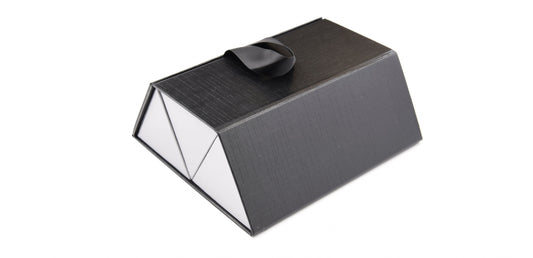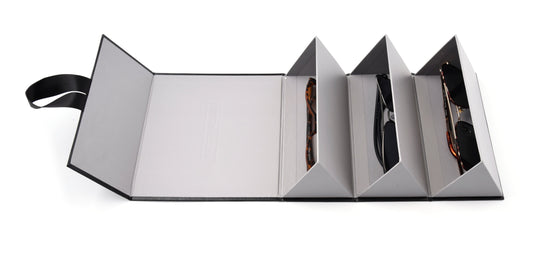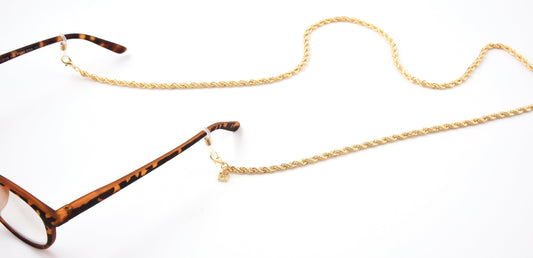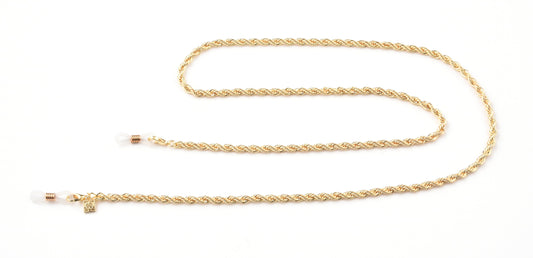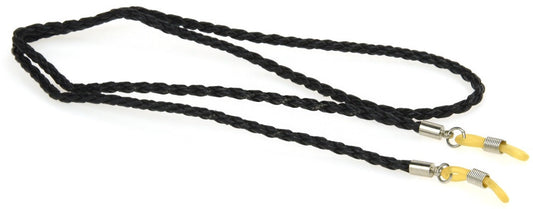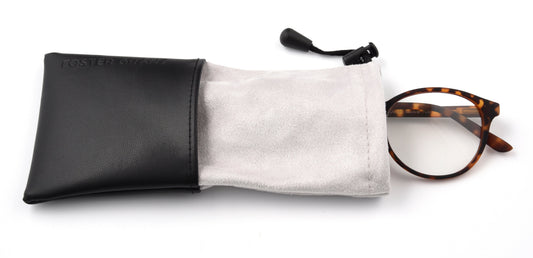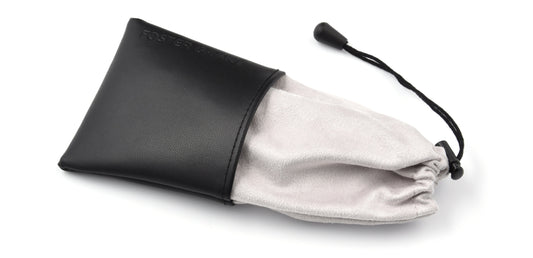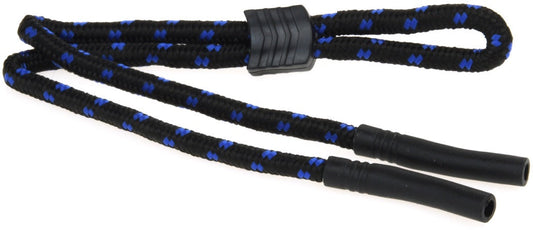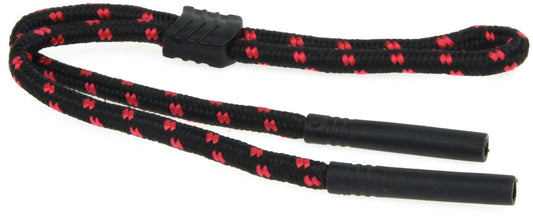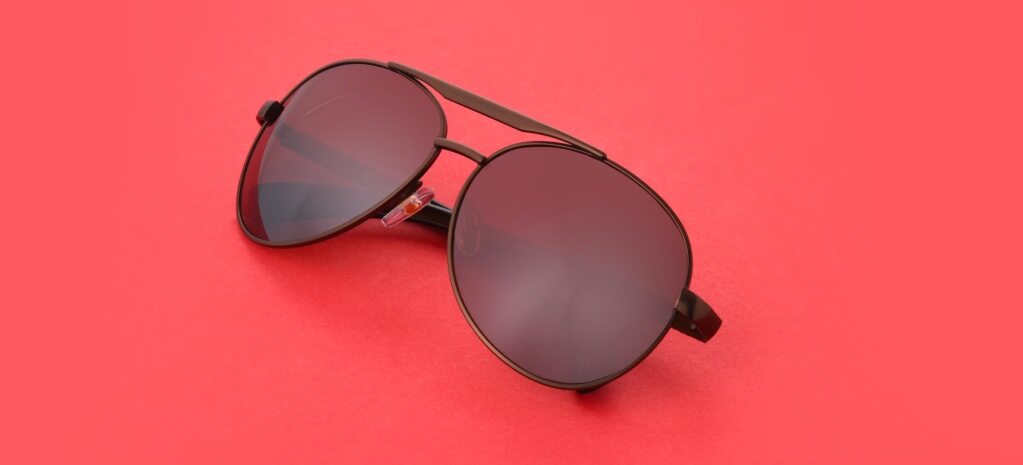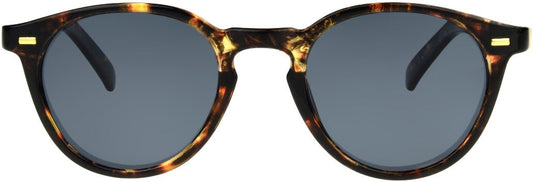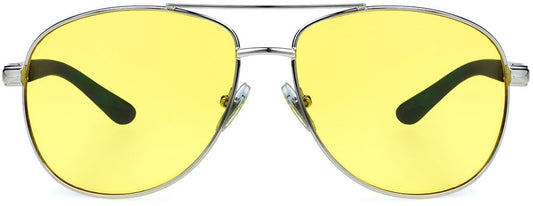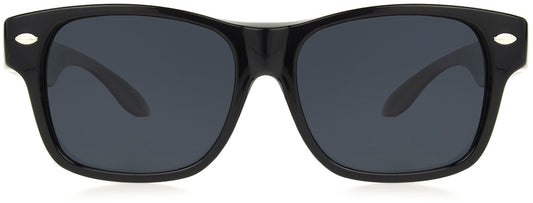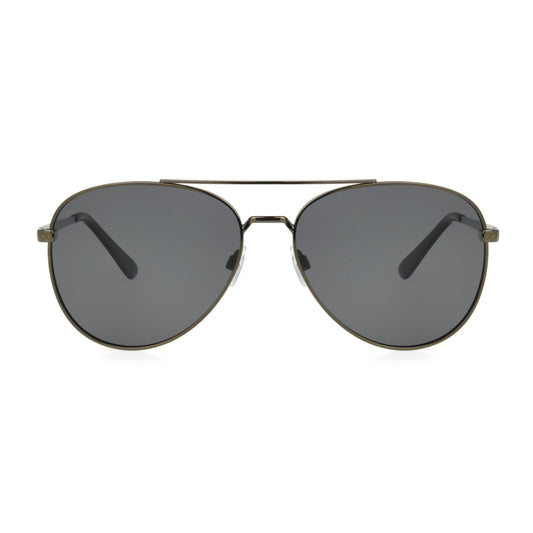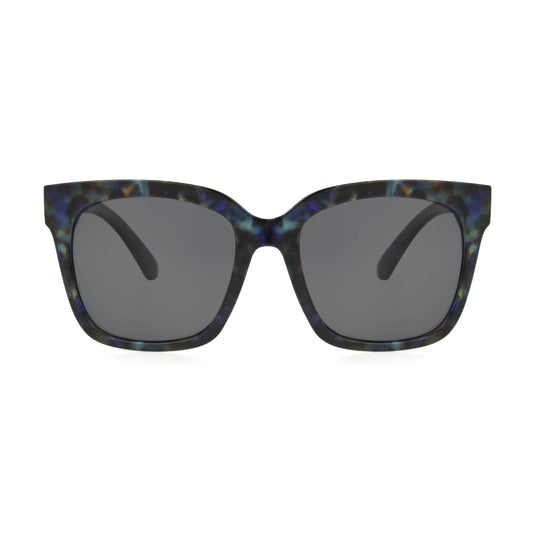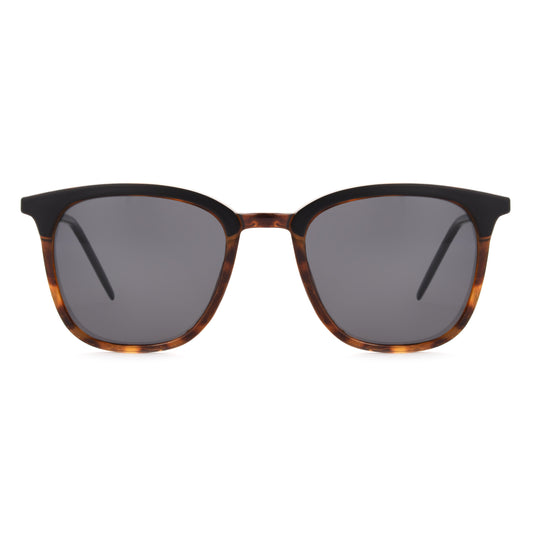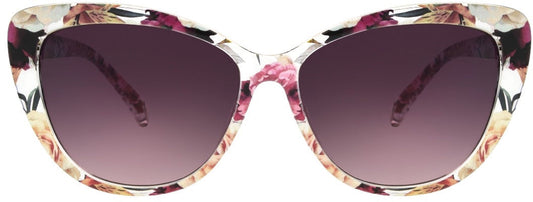Easton Polarized
Sunday Driver Night Driver
Easton Polarized
Oliver Polarized for Digital
Addison Polarized for Digital
Marli Polarized for Digital
What Are Polarized Sunglasses?
Polarized sunglasses have a specialized filter in the lenses that reduces glare. They’re especially good to wear on bright, sunny days when sunlight reflects off of flat surfaces like the road or a body of water, creating glare that can make it hard to see.
How Do Polarized Sunglasses Work?
Glare created by the sun travels in horizontal waves. The application of the filter to the lenses reduces horizontal light while allowing vertical light in. The horizontal light is absorbed by the lenses.
Think of it this way: The film is applied to the lenses like vertical blinds on a window. When blinds are open, only vertical light gets through. This makes it easier for you to see in bright conditions.
Polarized vs. Non-Polarized Sunglasses
Both polarized and non-polarized sunglasses help you see better on sunny days. The main difference between them is that non-polarized sunglasses don’t have the filter that reduces glare from light reflected off of water, snow, or the road.
Advantages of Polarized Sunglasses
If you spend a lot of time in bright light, you know it can be hard to see. Polarized sunglasses provide relief from the straining and squinting caused by sunlight reflecting off of surfaces. They also help improve visual clarity in situations in which there is a lot of glare, such as:
- Daytime driving – Glare caused by bright sunlight can make driving dangerous. Light bouncing off of highly reflective surfaces like the road and car windshields can make it hard to see. Very harsh glare can cause temporary blindness. These sunglasses help filter glare so you can see better and drive more safely.
- Snow sports – The sun reflecting off of snow can also create a lot of glare. Polarized shades reduce glare on the slopes so you can focus on what’s ahead of you.
- Water sports – If you spend time on the water, polarized sunglasses are a good choice because they cut down on glare from the water’s surface. They’re especially helpful when fishing because they allow you to see deeper into the water.
- Outdoor sports – Runners, cyclists and other outdoor athletes can benefit from polarized sunglasses. These lenses reduce the glare so you don’t have to squint as much to see. Some golfers find that polarized sunglasses cut down on glare on the fairway and can help them find balls that end up in the water.
- Cloudy days – Glare caused by sunlight can still be present when it’s cloudy. A polarized lens filters this glare on both sunny and cloudy days.
Disadvantages of Polarized Sunglasses
There are times when polarized sunglasses can make it harder for you to see and a non-polarized lens is a better and safer choice:
- Looking at liquid crystal display (LCD) screens – In some cases, LCD screens on ATMs, smartphones, and car dashboards are already polarized. Those screens may go dark if you look at them while wearing polarized sunglasses.
- Driving and skiing in icy conditions – Polarized lenses can help you see better in snow, but you may not want to wear them when it’s icy. Light reflects off of ice on the ski slope and on the road, and polarized lenses filter this light. It’s safer to wear non-polarized sunglasses in icy conditions so you can
How You Can Tell if Your Sunglasses Are Polarized
If you’re wondering if your sunglasses are polarized, there’s a fun way to check:
- Get another pair of sunglasses that you know are polarized.
- Hold one pair in front of the other.
- Turn one pair 90 degrees and look through both lenses. If they’re polarized, you won’t be able to see through them.
Don’t Forget About UV Protection
While most sunglasses protect your eyes from ultraviolet (UV) rays, it’s still a good idea to check before you buy a pair. The anti-glare filter in polarized lenses does not block the sun’s harmful UV rays.
Look for sunglasses that block as much UV light as possible. They will be labeled “100% UVA-UVB protection” or “UV400.”
You can be confident buying from Foster Grant because all of our sunglasses, including our polarized options, provide 100% protection from UVA and UVB rays. Our shades can help protect your eyes from the harmful effects of sun damage whether you’re in direct sunlight or in the shade.
SOURCES:
- What are polarized sunglasses? All About Vision. January 2021.
- Is there a difference between polarized and non-polarized sunglasses? All About Vision. March 2020.
* Like Foster Grant, All About Vision and AAV Media, LLC are affiliates of EssilorLuxottica
